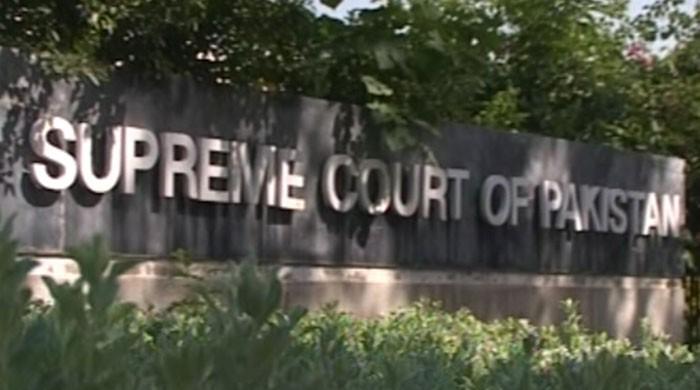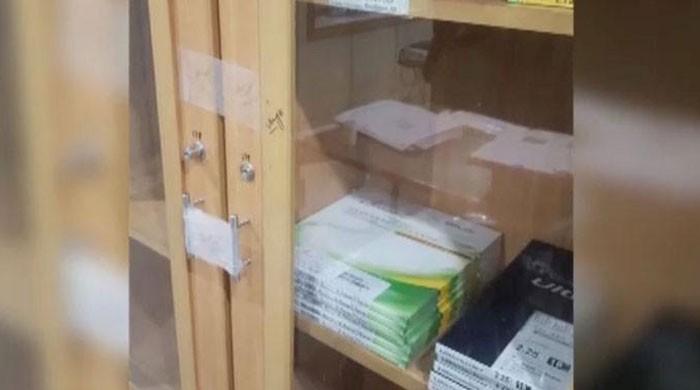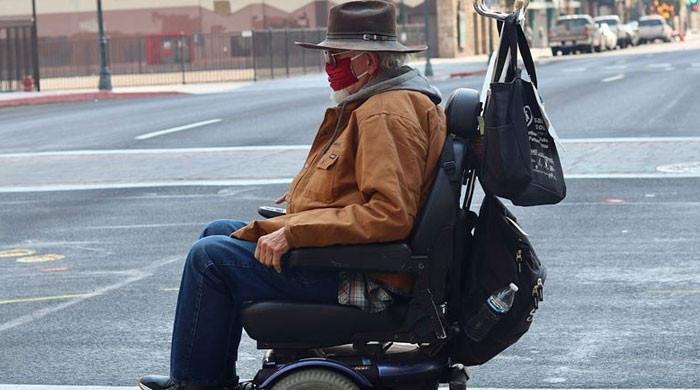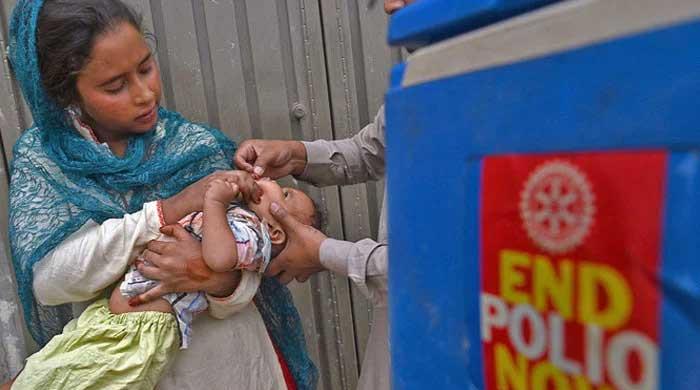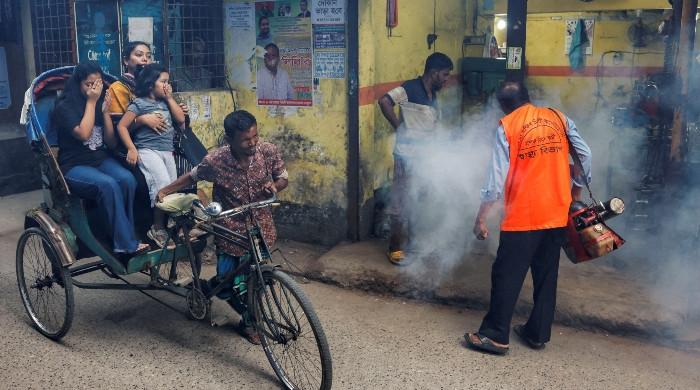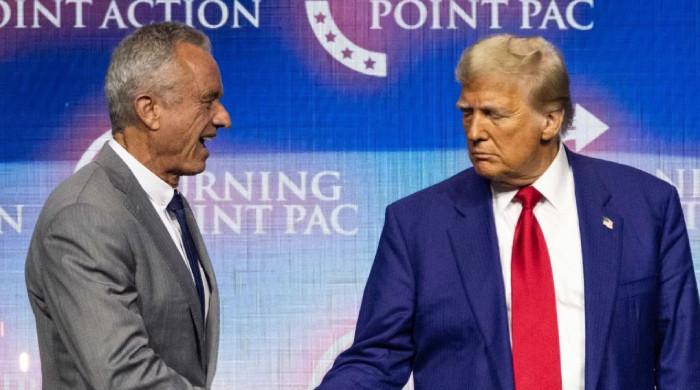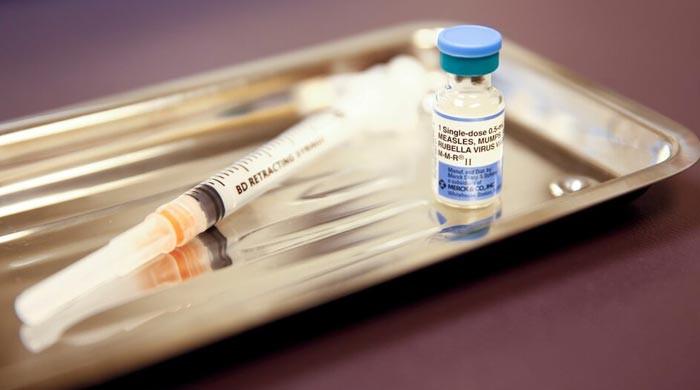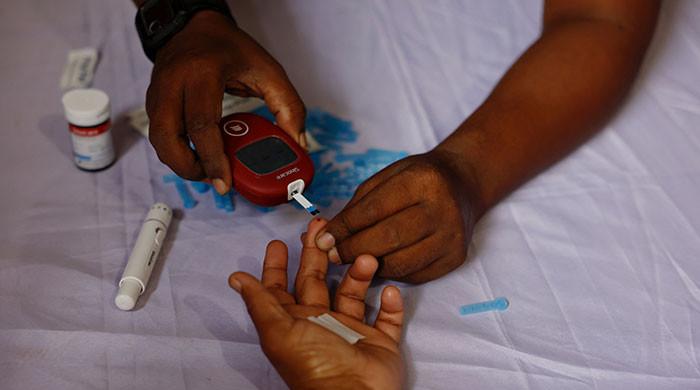Pakistani cardiac stents to hit market by June, SC informed
At least 72 stent companies have been registered in Pakistan, the additional attorney general told the apex court
January 29, 2018
ISLAMABAD: The Supreme Court has been informed that the production of locally made cardiac stents will be completed by June this year,
A three-member bench of the apex court, headed by Chief Justice of Pakistan Justice Mian Saqib Nisar, resumed hearing a suo motu case on unregistered stents in the country on Monday.
A coronary stent is a tube-shaped device placed in the coronary arteries that supply blood to the heart, to keep the arteries open in the treatment of coronary heart disease.
During court proceedings, the chief justice remarked: “When will we hear the good tidings that Pakistan has completed production of its own stents?”
Replying to this, heart expert Dr Murtaza shared that Pakistan will be producing its own cardiac stents by June 2018. “I am happy that Pakistani stents will make their way into the market soon. Try your best that the stents come in the market before June,” remarked the chief justice.
The chief justice also questioned the respondent regarding the price of the stent. “What will be the cost of the stent,” he asked, to which Dr Murtaza said that it will be sold for Rs15,000.
Moreover, Additional Attorney General (AAG) Muhammad Waqar Rana shared that at least 72 stent companies have been registered in Pakistan. Responding to this, the chief justice asked if he has verified all the information shared with him. “You should have complete records of the matter.”
"We are trying that all the people are able to access inexpensive and good facilities,” Chief Justice Nisar observed.
The AAG also informed the court that stents worth Rs70,000 are being sold for Rs110,000 in the market. “It is unjust to take advantage of a patient’s misery,” the chief justice remarked, adding that who knows what all a poor man has to do to get money for a stent.
“If four or five people are punished only then will the situation improve,” the top judge asked.
Moreover, the court also issued notices to five public and private hospitals in Islamabad and directed them to submit a report on the stents purchased by them in the last three months.
The court has also summoned the heads of various hospitals in this regard, including Lahore's Punjab Institute of Cardiology, Rawalpindi Institute of Cardiology, Islamabad's Shifa International Hospital, Islamabad's Pakistan Institute of Medical Sciences, Karachi's Aga Khan University Hospital, Karachi's National Institute of Cardiovascular Diseases, Islamabad's Quaid-e-Azam International Hospital and Kulsum International Hospital, Islamabad.
The issue of patients being operated illegal stents recently surfaced in the country after the Federal Investigation Agency (FIA) exposed the mafia by sending its assistant director as patient last year.
These fraudsters also included some doctors at Lahore's Mayo Hospital, who would falsely diagnose people with heart issues, letting their accomplices trick them into getting surgeries.
They would sell the patients fake stents for up to Rs200,000, which actually cost the fraudsters Rs6,000. The swindlers even conned several patients into paying money without even placing these stents inside their bodies.
According to officials of the health department, the seized stents did not have manufacturing date, price or registration number on them.
NUST begins production of cardiac stents
On August 18, 2017, the National University of Science and Technology (NUST)started producing its own cardiac stents.
The Medical Devices Development Centre (MDDC) led by Dr Murtaza Najabat Ali at NUST School of Mechanical and Manufacturing Engineering successfully developed the devices for the first time in Pakistan.
With funds from Ministry of Science and Technology (MoST) to enable the production of cardiac stents (both bare-metal and drug-eluted) and angioplasty balloon catheters, this was the first time that a medical school is producing devices to treat narrow or weak arteries in Pakistan.
